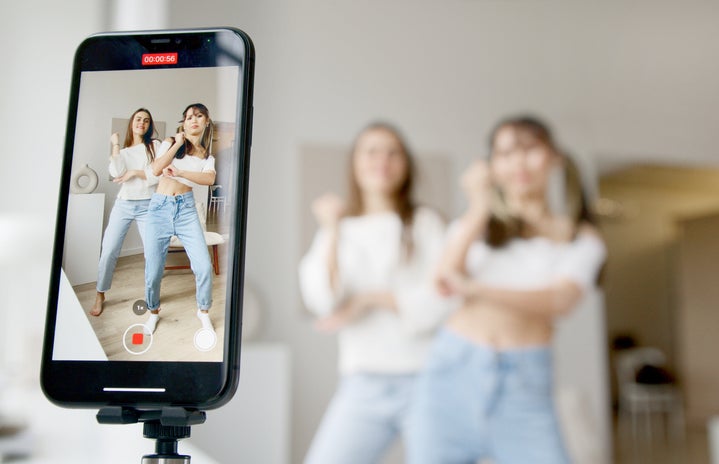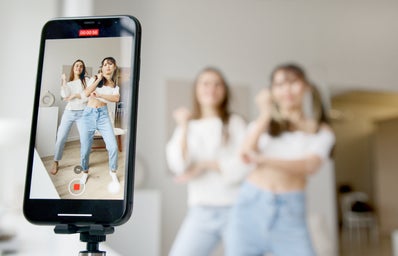Before the days of YouTube, advertising was conventional: tv adverts, posters, billboards, and radio. But with the rise of social media came the rise of YouTube, and the realisation that you could make money from it. In the 2010s we saw influencers such as Zoella rise to fame, beginning from vlogging her daily life to later releasing her own brand. This paved the way for younger generations to idolise her and want to follow in her footsteps, aspiring for this new so-called ‘influencer’ lifestyle, which in the past decade has since become a part of our daily vocabulary.
With a saturation of aspiring influencers, social media has become heavily capitalised; with Instagram, TikTok, YouTube and Facebook being places where you can make money. Companies will buy advertising spaces on these platforms, meaning it is impossible for you to escape advertisements. Not only this, but companies are also using influencers to market towards new audiences; paying influencers thousands, proving just how valuable and powerful their voice is. The problem with this is that half the time influencers will sell a product by suggesting they have used it before, when in reality they haven’t and just desire money. Therefore, it becomes impossible to tell what is genuine, leading to many people wasting their money. Companies also often ‘gift’ influencers products so they will talk about them on their platforms, however all this only makes the rich richer and the poor poorer. We aspire to share the same lifestyle as these influencers who seem to have an endless supply of makeup products, skincare brands, and fashion garments. And because of how saturated this is on social media, this lifestyle becomes normalised, encouraging us to believe that most people live this way, when that is far from the truth.
It used to be easy to avoid these types of influencer adverts because it would require you actually clicking on and watching a video. However, Instagram has recently altered its algorithms, meaning the news feed is full of more adverts than it is of your friends’ photos. Furthermore, Instagram doesn’t just show the content of people you are following but boosts sponsored posts to non-followers. One platform that particularly bothered me with its change was TikTok. When TikTok grew significant popularity in 2020, it was refreshing to spend time on an app that was just a bunch of normal people making silly videos. Unfortunately, it was only a matter of time before opportunists noticed the potential to become viral quickly on the app, and influencers started selling products there. This was okay at first as it was just like YouTube again; easily ignored. But this past year the app has introduced TikTok shop which means it has essentially become a marketplace. Now, almost every video on my ‘fyp’ (for you page) has an item attached in the corner ready for me to buy. I am sick of watching a funny video to then realise it is just someone trying to sell me something. Why can’t social media just be social media, not a marketplace?
If I had the same opportunities as an influencer, would I take them? Yes, probably. Does this come from a slight place of jealousy? Yes, pretty much. However, I also believe I wouldn’t like the person I became if I was an influencer, it feels like a scam. Unfortunately, this is how society is moving forward and the people who take these opportunities are quite smart and are essentially investing in their future before this type of career becomes oversaturated and it is harder to make money.
Written by: Chloe Hill
Edited by: Michele Ngue-Awane


